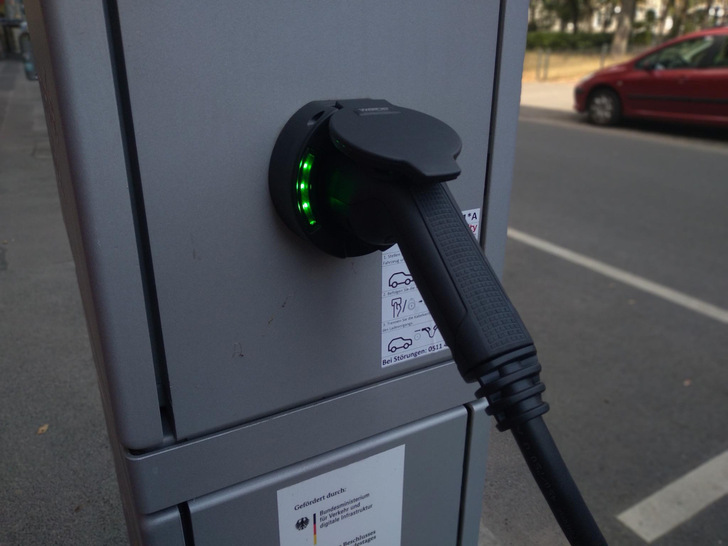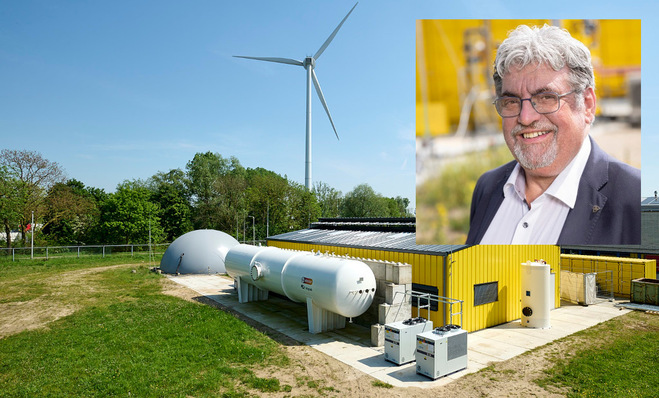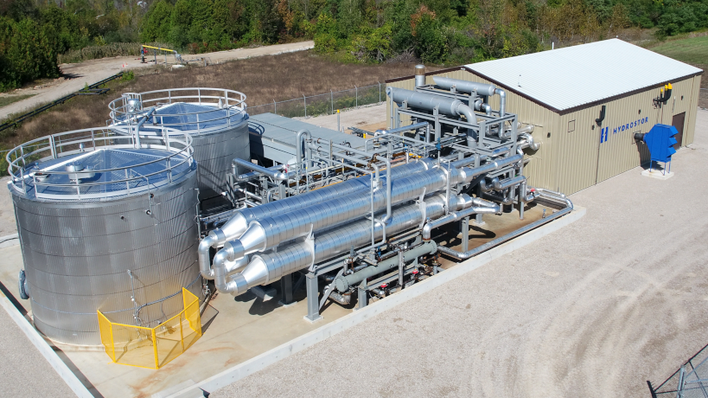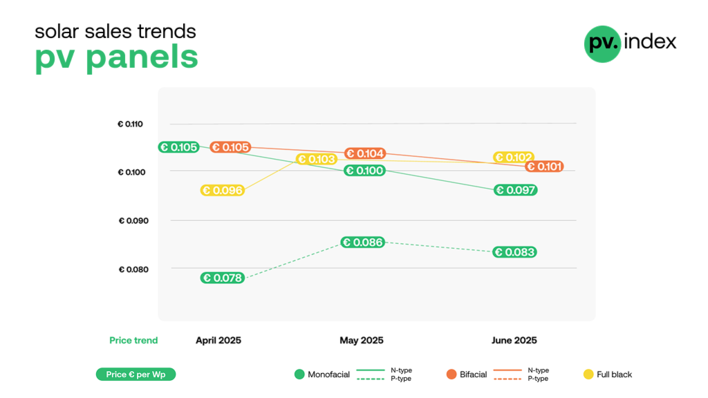Worrying about nothing again - that's how one could summarise the results of the current survey by the German Association of Energy and Water Industries (BDEW) among electric car drivers. Because: If they saw the general range and charging at home as the biggest problems before buying an electric car, these concerns disappeared into thin air after the purchase. After three years of driving an EV, range remains an issue for only eight percent, and charging at home for only six percent. The biggest problem? 36 percent named the purchase costs.
Respondents no longer see charging as a problem
The 3,000 EV drivers surveyed were also asked how they rated charging compared to refuelling. The surprising answer: A majority of 62 percent think charging is better overall than refuelling. 24 percent see no difference and only 11 percent find refuelling better than charging.
See also: Intelligent networking of charging stations
With regard to the development of public charging in the last twelve months, a majority of respondents (56 percent) saw a clearly positive trend. In particular, the number of public fast chargers and standard chargers had improved, as had the locations and charging apps.
Off-peak charging enjoys great popularity
The EV drivers were also asked how often, in their experience, all charging points at certain locations were occupied. The assessment was that both at home (this includes apartment buildings) and at fast chargers on the road, charging was almost always possible immediately. These are the two types of charging offers that have the greatest importance attributed to. The highest occupancy was perceived at customer parking spaces. “Charging while doing something else" is obviously particularly popular. It is precisely at these attractive locations that the charging offer is currently being massively expanded, comments the BDEW.
Also interesting: Solar folding roofs for 45 Swiss motorway service stations
The respondents would like to see more charging options, especially in residential areas (68 percent). Compared to the previous year, however, the desire for fast chargers is growing disproportionately, both in urban areas (+23 percent) and along trunk roads (+19 percent). This reflects both the technological development of the vehicles and the positive experience with fast charging, which increases demand.
"EVs have to become more affordable"
"Electric mobility has arrived in the everyday lives of many people", explains Kerstin Andreae, Chairwoman of the BDEW Executive Board. "Despite the increasingly broad user group, the view on charging is positive. This shows: electric mobility is not just something for technology enthusiasts, but absolutely suitable for everyday use." She expects a clear commitment from politicians to the 15 million e-car target by 2030. "With the current framework conditions, we will only get to eight to ten million EVs by 2030," Kerstin Andreae criticised. "The user survey, which sees a problem above all in the purchase prices, gives a valuable indication of what must be at the core of the 15 million EVs strategy: Electric vehicles have to become more inexpensive compared to internal combustion engines." (mfo)









